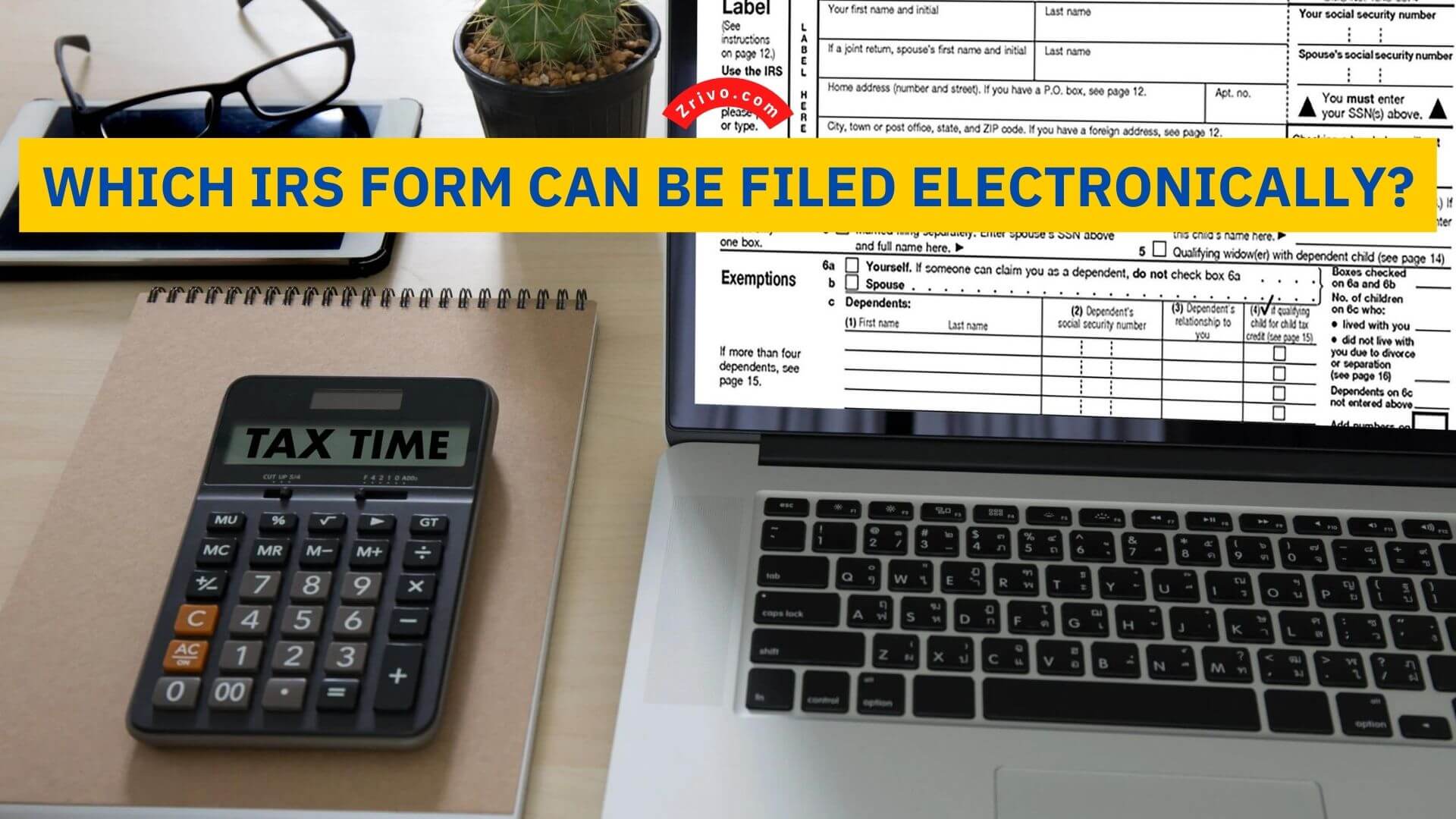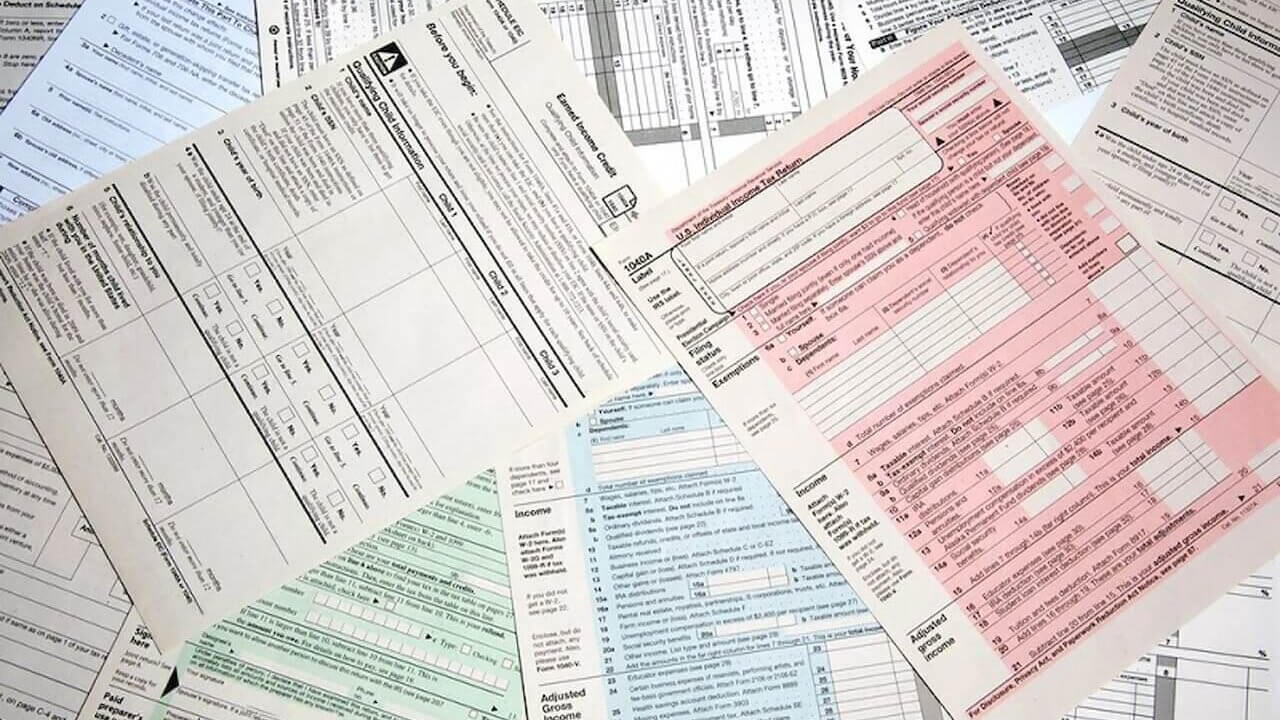
Today, you can file almost every IRS form electronically. The IRS has been encouraging taxpayers to do so to reduce work overload as well. This is why, in this guide, we are going to provide you only with the IRS forms that cannot be filed electronically.
Besides saving time, filing your IRS forms electronically is a much more secure and accurate method. The best part of this process is that you receive acknowledgment only after 24 hours! Unlike other filing methods, filing electronically will let you know and have better control over the process.
Moreover, your files and forms will be processed faster compared to other filing methods as well. Thus, we also recommend filing your forms electronically to benefit from all these opportunities. If you are working with a tax professional, he or she will be filing all your forms electronically as well.

It is worth noting that some forms can be filed electronically only within a certain period, while some of them cannot be filed electronically at all. For example, forms 990-T and 1041-QFT are exempt from the e-file requirement and, despite being considered a return of income tax forms, you cannot file them electronically.
In addition, amended income tax returns like Form 1040-X and fiscal year returns such as Form 1040 and Form 1041 can only be filed at certain periods of the year, which is until the end of June in general.
On the other hand, if your form has attached forms (such as Form 1041, Form 1040-EZ, Form 1040-A, or Form 1040 itself), you will not be able to file your entire return electronically. If the documents or schedules of these forms can be sent to the IRS by using forms, such as 8354 and 8453-F, you can send them and file the original form electronically too.